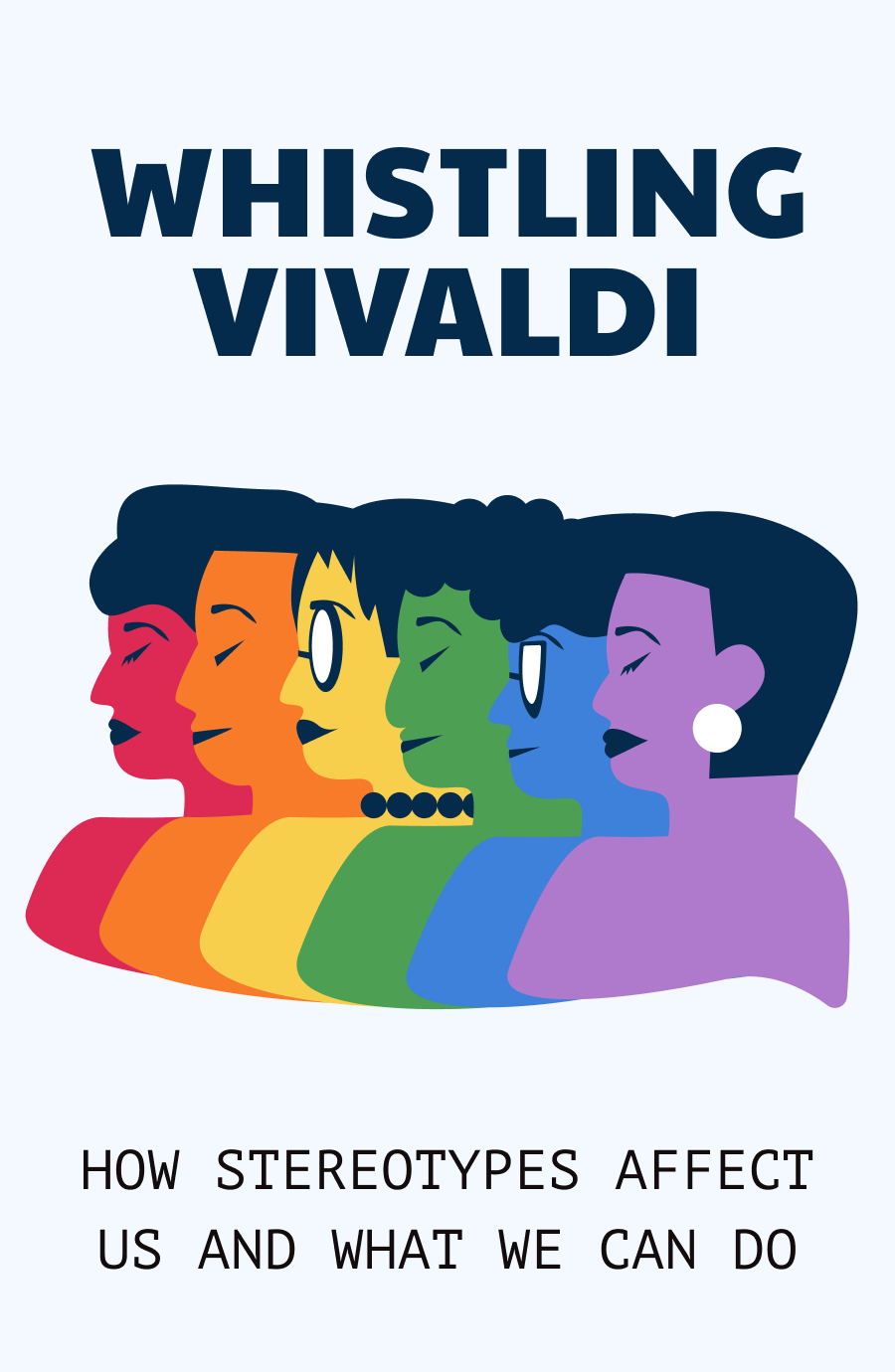Lesson 1- The Predominance of Stereotype Threat
Stereotypes based on identities play an influential role in shaping our lives. We often do not realize the impact of stereotypes on the functioning of people in human society. Humans tend to judge others based on other identity stereotypes, which are predominantly preconceived. The threat of stereotypes is so potent that it can alter human behaviour.
We learn about the society of 1950s Chicago, where Claude Steele and his peers were subjected to discriminatory conditions and barred from having a regular social life due to their black identity. For example, they were restricted from using a neighbourhood swimming pool except on a specific day in the middle of the week. In the 1980s, when Steele joined the University of Michigan as a professor, he began to research the impact of stereotypes on people's behaviour. Identity contingencies significantly influence school performance, memory capability, athletic performance, and even success in the workplace. Brent Staples, the New York Times columnist, shared an experience of the time when he was a graduate student. He states that white people would always walk away or get tensed when he was around, predominantly due to his black colour. However, ever since he began whistling the music of Antonio Vivaldi, the negative impact of the black stereotype became a less potent burden on him. He was able to portray himself as a person aware of higher culture and appeared educated and sophisticated against the stereotyped narratives depicting him as a violent African American.
Steele also looked into the issue of the achievement gap between white and black students, mainly attributed to their racial identities. Black students generally underperformed on tests and limited their interaction only to other black students. They often perceived that their white professors and classmates patronized them or unintentionally made offensive remarks.
It is not that the whites were free from stereotype threats. A psychological research study was conducted in which the participants were asked to play miniature golf. Some participants were told that the study measured 'natural athletic ability’. It was found that the white people who were told that the experiment measured athletic ability did worse than the whites who were not told anything about natural ability. Such behaviour could mean that white participants were affected by the stereotype that white people are less athletically gifted than black people. The researchers also found that there was no effect on the performance of black participants irrespective of whether they thought it was a test of natural athletic ability or not. In another similar research setup, participants were told that the golf experiment measured ‘sports strategic intelligence.’ The blacks who
Unlock Knowledge with Wizdom App
Explore a world of insights and wisdom at your fingertips with the Wizdom app.
 1 Million+ App Download
1 Million+ App Download  4.9App Store Rating
4.9App Store Rating 5000+Summaries & Podcasts
5000+Summaries & Podcasts





